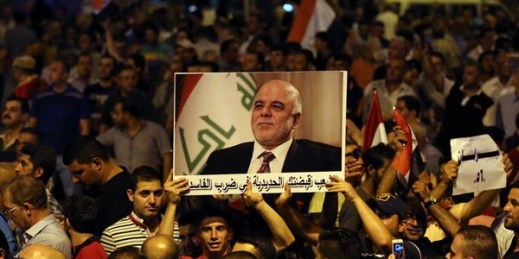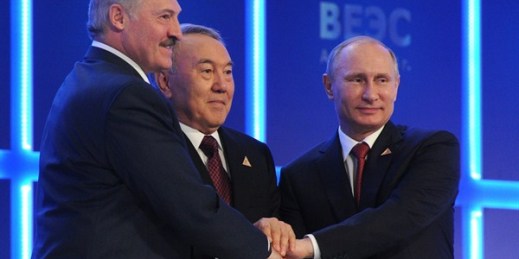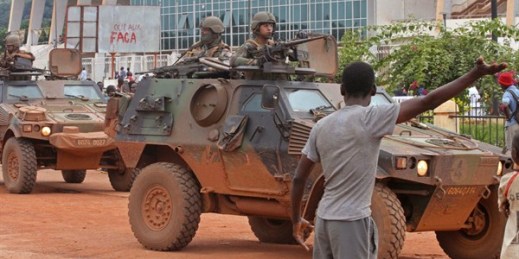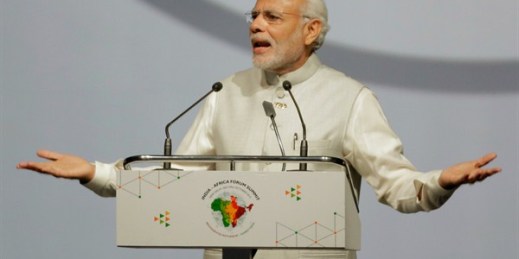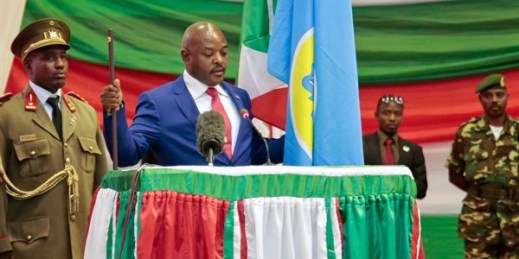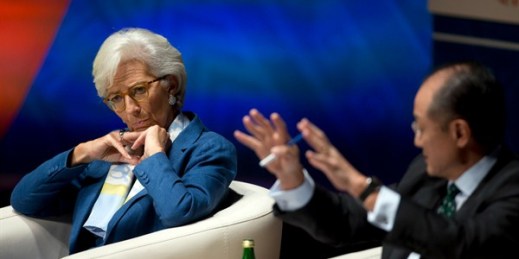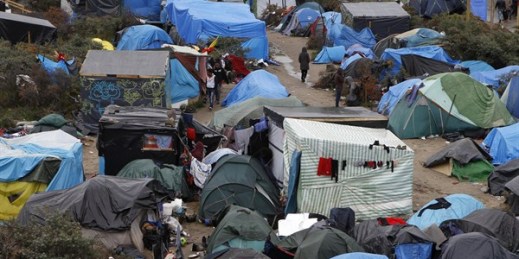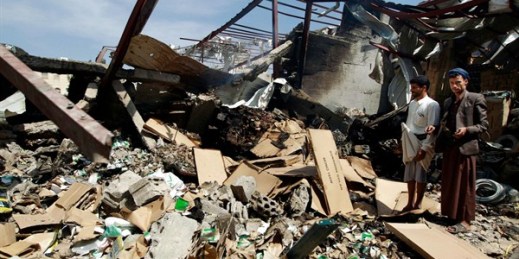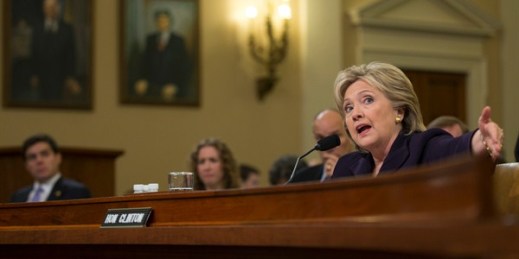
Several weeks ago, Hillary Clinton spent 11 hours testifying before a congressional committee about the deaths of four Americans, including the then-U.S. ambassador, Chris Stevens, in Benghazi, Libya, in September 2012. For anyone watching this spectacle, little new was gleaned, except for the fact that Clinton is a remarkably disciplined politician—and that whatever threat the GOP’s Benghazi obsession might have posed to her presidential prospects in 2016 is effectively over. What would have been of far greater interest, to both policy analysts and voters, is a look back on the U.S. decision to intervene in Libya, which Clinton strongly supported. […]

